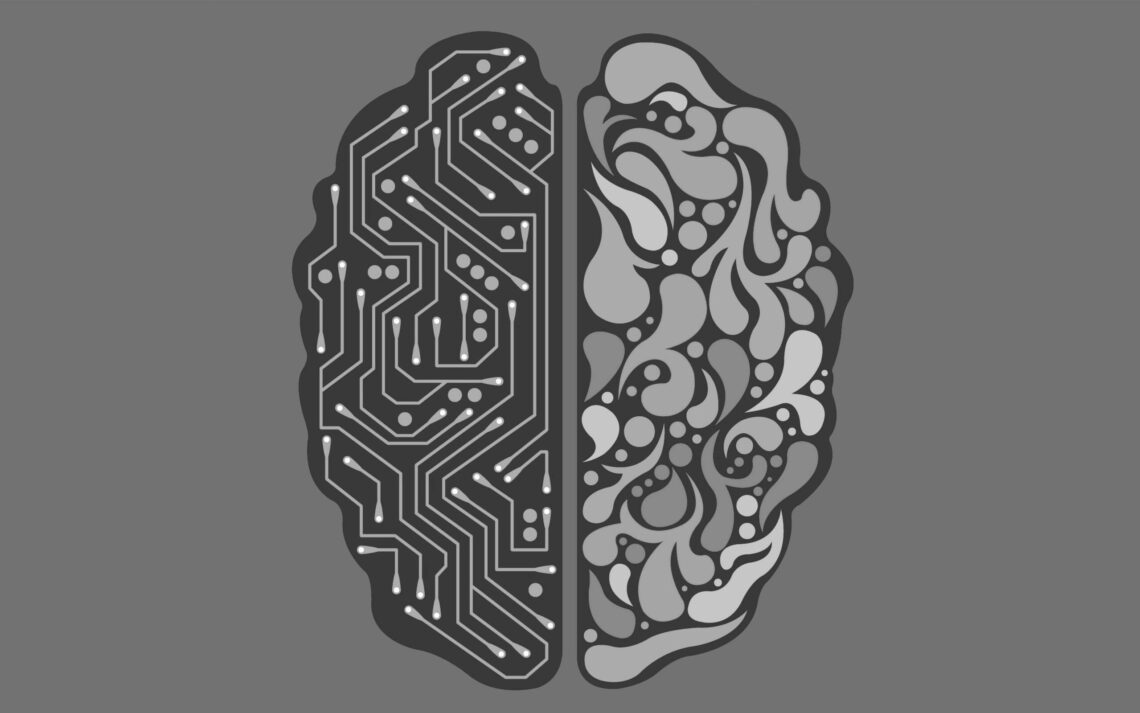CT scans and machine learning! Machine learning (ML) is everywhere, from your Netflix recommendations to a self-driving car. Also in medicine, ML can be used for many applications, including diagnosis of different diseases – here’s an earlier example that was featured about the brain tumors. Recently medical imaging has seen several algorithms outperforming, or performing on par with, human experts, see [1] for an overview. To teach a ML algorithm to diagnose disease in a medical scan – for example, a magnetic resonance (MR) or a computed tomography (CT or CAT) scan, you need examples of scans with, and without,…
-
-
Artificial intelligence squares off with human intelligence. Artificial intelligence or AI is the ability of a computer program or a machine to think and act like humans. A typical AI needs a base of knowledge to assess its environment and takes action to achieve success (1). Interestingly, it has paved its way into many areas of our everyday life already. For instance, these days in Google mails, we have the AI enabled Smart Compose option that inherently predicts our email text and response. Even our Gmail inbox uses AI powered algorithms to make sure our emails are categorized and do…
-
Big data could lead to personalized medicine. Although mental health is currently one of the top global health priorities, there has been no major progress in treating psychiatric disorders since the 60s. The available therapies are ineffective, and prophylaxis is practically non-existent. To find a way out of this deadlock, psychiatry needs to consider different research approaches. One of the major obstacles for moving psychiatry forward is the enormous inter-individual variability. Patients with somewhat similar symptoms receive the same diagnosis, although the symptoms might have very different biological backgrounds. This is comparable to including migraine, hypertension and brain cancer into…


